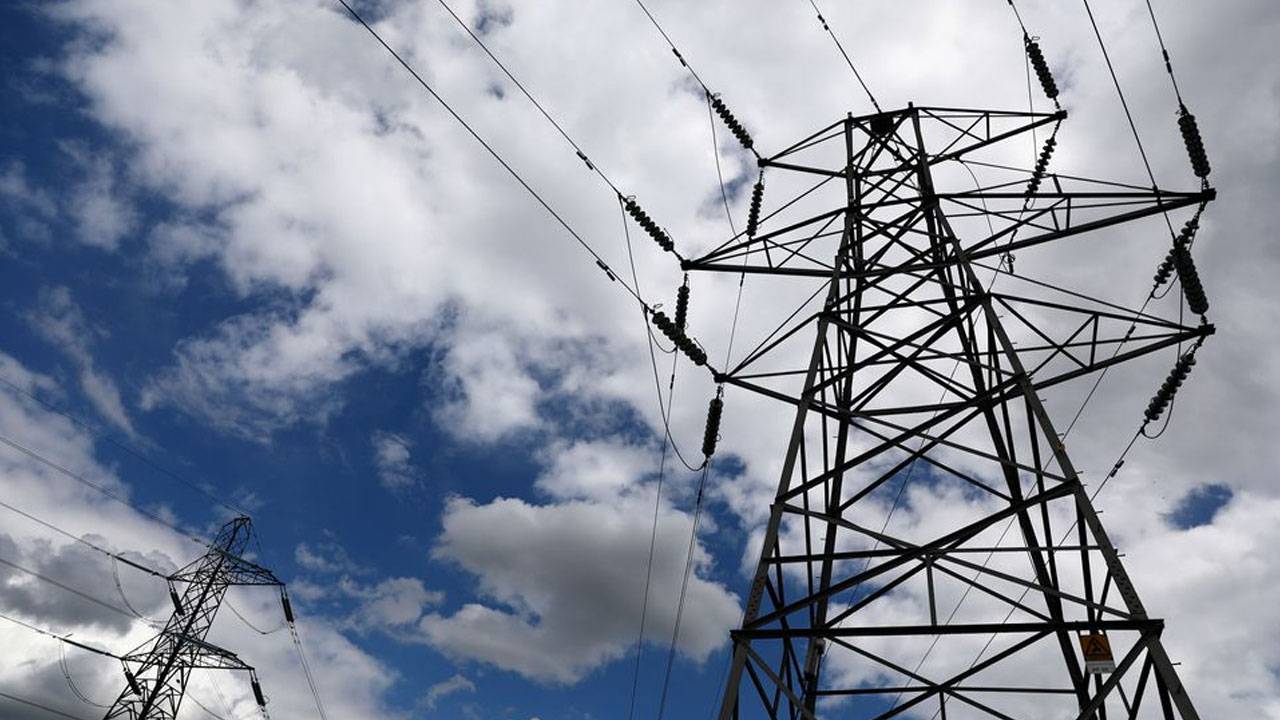Last week, President Bola Ahmed Tinubu, BAT, signed the Electricity Act 2023 into law.
Here are fifteen noteworthy developments that Nigerians should be aware of;
- The bill authorizes states, companies, and individuals to generate, transmit, and distribute electricity.
- The new Act consolidates all legislations related to the electricity supply industry.
- The bill aims to provide an institutional framework for the post-privatization phase of the Nigerian Electricity Supply Industry.
- The bill focuses on improving access to electricity in rural, unserved, underserved, peri-urban, and urban areas.
- It promotes the use of conventional sources and renewable energy off-grid and mini-grid solutions.
- States can issue licenses to private investors for operating mini-grids and power plants.
- However, state licenses do not extend to inter-state or transnational distribution of electricity.
- The bill allows Nigeria’s 36 states to generate electricity, following the devolution of power.
- Electricity generation licensees must meet renewable generation obligations as prescribed by NERC.
- The bill aims to create a market for renewable energy and stimulate investments in the sector.
- Electricity generating companies will be required to generate power from renewable energy sources or purchase power from renewable energy.
- Distribution or supply licensees will have renewable purchase obligations.
- Until a state passes its electricity market laws, the Nigerian Electricity Regulatory Commission (NERC) will regulate electricity business exclusively carried out in those states.



